What to Do About It
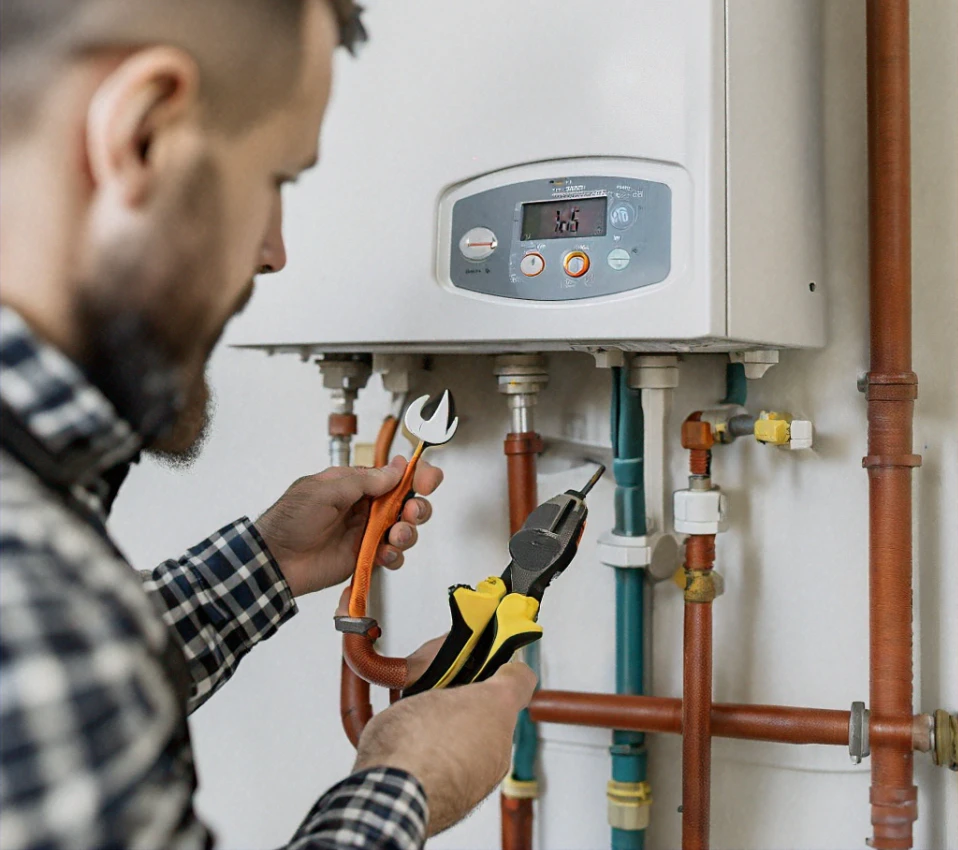
Signs Your Apartment Building’s Boiler System Is in Trouble
As a landlord or apartment building manager, few things impact tenant satisfaction (and your bottom line) more directly than the building’s heating system. When temperatures drop, tenants expect consistent, comfortable heat. But when the boiler system falters, it can quickly lead to tenant complaints, legal issues, and expensive emergency repairs.
Understanding the early warning signs of boiler trouble can help you address issues proactively, avoid system failures, and extend the life of your equipment.
Here’s what to look for and what steps to take when problems arise.
1. Inconsistent or Uneven Heating
Are your building tenants reporting uneven heating? For example, do some tenants say their units are too cold, while others say their units are too hot or that the heat takes too long to start? Oftentimes, these complaints are an indicator of problems within the building’s heating system.
Common causes include trapped air in radiators or pipes, faulty zone valves, circulator pump issues, or a boiler operating below set pressure. These problems can all cause inconsistent heat distribution.
To resolve these issues, have your maintenance team or an HVAC professional check for air in the system, inspect zone valves, and test the pump. In larger buildings with multiple heating zones, malfunctioning valves are a frequent culprit and may need to be replaced or reprogrammed. Ensuring the system is properly balanced can restore tenant comfort and improve heating efficiency.
2. Rising Energy Bills Without Explanation
If you have noticed a spike in your building’s heating bills compared to previous years, despite there being similar weather conditions, it can point to a loss of system efficiency. This could be due to an aging boiler, scale buildup on the heat exchanger, malfunctioning thermostats or controls, or boiler short-cycling (where the unit turns on and off too frequently).
To identify the issue, schedule an efficiency test with a licensed technician. Cleaning or descaling the heat exchanger may improve performance. However, if the boiler is outdated, retrofitting or upgrading to a smart boiler could be more cost-effective over time. Upgrading to smart controls or zone thermostats can help reduce energy waste and improve overall system efficiency.
Paying Too Much For Insurance?
Get a FREE quote to insure your rental properties for less.
3. Strange Noises from the Boiler Room
Unusual noises like banging, whistling, or gurgling coming from the boiler or radiators are warning signs that shouldn’t be ignored. These sounds oftenindicate mechanical issues within the heating system. Common causes include “kettling,” which happens when limescale builds up or the boiler overheats, as well as trapped air, pressure problems, or worn components like pump bearings or valves.
To address the issue, contact a boiler technician to inspect the system. If kettling is the cause, it can be resolved by flushing the system. If the noise comes from mechanical wear (such as a failing pump or valve), replacing the faulty part will likely be necessary.
4. Boiler Leaks or Water Stains
Visible water pooling near the boiler or stains on nearby floors or walls usually signals a leak, which should be addressed immediately. Even small leaks can lead to significant damage over time, affecting flooring, insulation, and structural components.
Possible causes include a leaking pressure relief valve, corroded pipes or seals, a cracked heat exchanger, or condensation from improperly vented exhaust. Regardless of the source, any leak is a red flag.
If you notice signs of a leak, shut down the system if needed and contact a qualified professional to inspect and repair the issue. In cases where the heat exchanger is cracked, a full boiler replacement may be necessary.
5. Frequent System Resets or Lockouts
If your boiler frequently shuts down and requires manual resets, it’s a sign that something is preventing it from operating safely or efficiently. Common causes include sensor failures, overheating, ignition issues, or internal faults in the control board.
These lockouts are built-in safety features, but repeated incidents should not be ignored. A boiler that continually resets or locks out may be struggling to maintain proper combustion, pressure, or temperature, which can lead to more serious damage if not addressed.
Have a qualified technician run diagnostics to pinpoint the issue. Depending on the findings, repairs may involve replacing sensors, updating controls, or addressing ventilation or fuel supply problems.
6. Yellow or Irregular Flame Color
If the flame in a gas-fired boiler is yellow instead of blue or flickers unpredictably, it’s a sign of trouble. This often indicates incomplete combustion, a gas mixture imbalance, or a dirty burner, which can all lead to dangerous carbon monoxide production.
This is a serious safety risk, so shut down the boiler immediately and contact a licensed, gas-safe technician to inspect and repair the system. Also ensure your building is equipped with carbon monoxide detectors in key areas and test them regularly to protect occupants from potential exposure.
7. Boiler Is Over 15-20 Years Old
If your boiler is still functioning but it is nearing or past its expected lifespan, it may be time to start planning for a replacement. Older systems tend to run less efficiently, are more prone to part failures, and may no longer meet current codes.
Even without obvious problems, aging boilers often come with rising repair costs and reliability issues. Proactively budgeting for a replacement can help avoid an unexpected breakdown.
Upgrading to a modern smart boiler or another high-efficiency system can offer significant energy savings and lower maintenance needs. These advanced systems often pay for themselves within a few years through improved performance and reduced operating costs.
Preventive Maintenance: Your First Line of Defense
Catching boiler problems early can save money and prevent major disruptions. However, the best way to avoid issues altogether is through regular preventive maintenance. A solid seasonal maintenance plan is essential to keeping your system running safely and efficiently.
Your plan should include an annual professional inspection and cleaning, flushing the system to remove sediment, checking pressure and temperature levels, and testing combustion efficiency. It’s also important to inspect valves and pumps and test carbon monoxide detectors to ensure they’re functioning properly.
Scheduling service each fall before the heating season begins will prepare your system for cold weather and help prevent mid-winter breakdowns that can lead to tenant complaints and damage your reputation.
Stay Ahead of the Heat!
Your boiler system is one of your building’s most critical assets. When it runs well, tenants are happy, energy bills are manageable, and you avoid unexpected expenses. But when it’s neglected or aging, it can quickly become a liability.
Recognizing the signs of trouble, from strange noises to uneven heating, will allow you to take timely action. By combining this awareness with a strong maintenance plan, you’ll keep your building warm, your tenants satisfied, and your operating costs under control.
Source: Multifamily Insiders

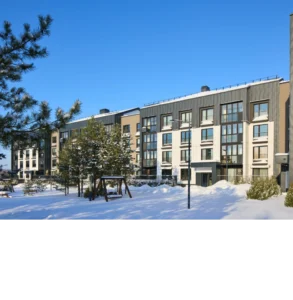


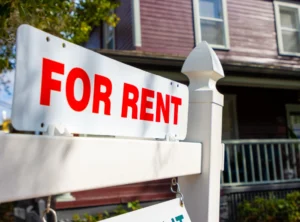
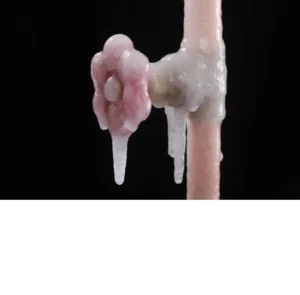

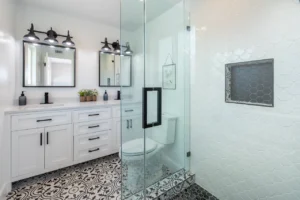





 Accessibility
Accessibility